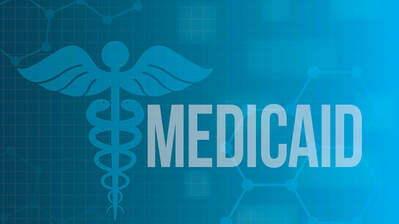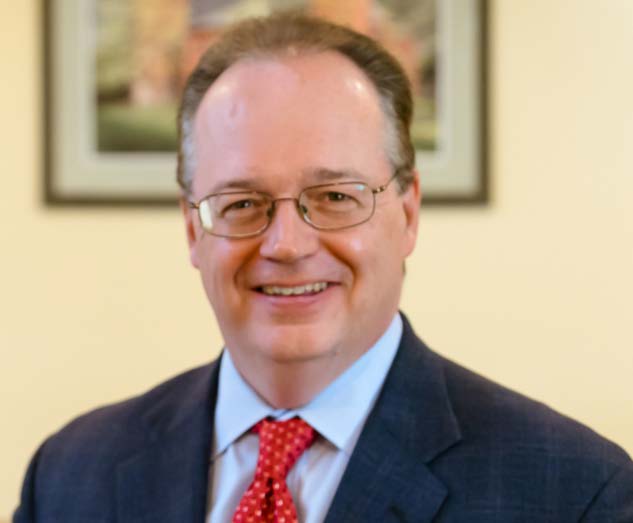|
By the time Medicaid fraud investigators contact you, most of their investigation has been completed.
You were not chosen at random. The investigators have already reviewed your claims to Medicaid and other government healthcare programs. They have interviewed witnesses. They have come to the conclusion that you violated the law. The next step is critical. Will they charge you with serious crimes? Will they demand that you pay back money? Will new evidence convince them that you have done nothing wrong or that any mistakes you made were unintentional? The answers to these questions will depend on how you respond to the investigators. Respond properly and you may be able to avoid serious consequences, even if you made mistakes. Fail to respond properly and you may face a life-changing disaster that includes heavy fines, a criminal record, the loss of professional licenses, exclusion from future participation in the Medicaid program, a long prison sentence and, if you are not a U.S. citizen, deportation. How should you respond? Should you turn over documents? Should you agree to be interviewed? These are just some of the questions I answer in my free guides. One guide is designed specifically for doctors and other healthcare professionals. The other guide is designed for Medicaid recipients. Both guides are based on more than 30 years of experience representing both healthcare providers who are under investigation and whistleblowers who are working with the government. Learn how to protect your rights and your career by downloading your free copy today. Click here to get started.
0 Comments
A subpoena from the New York Medicaid Fraud Control Unit is a very serious matter. It means that investigators already believe that you have committed Medicaid fraud. The subpoena is one of the tools they will use to build a case against you. Do not try to handle this on your own. Be polite, but do not speak to the investigators about the case. One wrong step could result in serious criminal charges that can destroy your career. You should contact a Medicaid fraud defense lawyer immediately. Medicaid fraud is a highly specialized area of the law. You need a lawyer who understands the laws, rules, and regulations that govern Medicaid. He must be familiar with medical terms and how a medical practice operates. He must be an experienced criminal defense lawyer. Very few lawyers have experience in all of these areas. Your lawyer will contact the Assistant Attorney General in charge of the investigation to determine if you are a target or a witness. Your lawyer will review the subpoena to determine if it can be challenged. If you must produce documents, your lawyer will determine exactly which documents must be produced. For example, the Medicaid Fraud Control Unit may only request medical records of Medicaid recipients. They are not entitled to records of patients with other forms of insurance without the patient’s consent. Your lawyer will arrange for documents to be copied, and he will turn over copies – not the originals – to the Medicaid Fraud Control Unit. You are entitled to retain your original patient records, and you will need them to continue your practice. Your lawyer will review the documents to help you understand why you are being investigated. He will speak directly with investigators and prosecutors to understand the strengths and weaknesses of their case. This is critical information that you cannot get on your own. Your lawyer will use this information to develop your defenses. By communicating with investigators and prosecutors during the early stages of an investigation, your lawyer can help you avoid costly mistakes. He may convince the Medicaid Fraud Control Unit not to bring any charges at all. And if they do bring charges, he will make sure you are in the best position to defend against them vigorously. To schedule a confidential consultation with an experienced Medicaid fraud defense lawyer, call John Howley, Esq. at (212) 601-2728.
|

